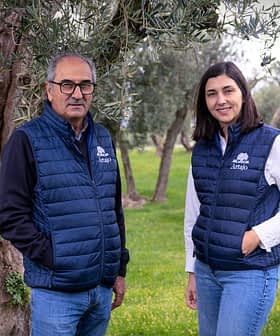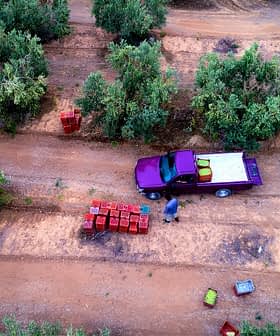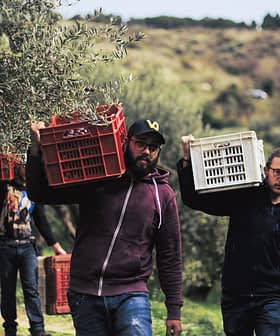WMO Confirms 2016 Was Hottest Year on Record
Carbon dioxide emissions also reached record levels, while sea temperatures rose, and many parts of the world experienced incidences of extreme weather.
The World Meteorological Organization confirmed that 2016 was the hottest year on record, with temperatures 1.1 °C above the pre-industrial period, attributing the increase to the El Niño effect and greenhouse gas emissions. The report also highlighted extreme weather conditions in early 2017, emphasizing that we are now in uncharted territory in terms of climate change impacts worldwide.
A statement by the Geneva-based World Meteorological Organization (WMO) issued on March 21 ahead of World Meteorological Day confirmed that 2016 was the hottest year on record.
We are now in truly uncharted territory.
The WMO press release announced the publication of its annual Statement on the State of the Global Climate which revealed that 2016 experienced a record temperature that was 1.1 °C above the pre-industrial period. This represents an increase of 0.06 °C above the previous record set in the year 2015.
This increase in global warming is attributed to the El Niño effect which causes extreme weather fluctuations, and increasing greenhouse gas emissions. The WMO’s annual statement also revealed that carbon dioxide emissions reached record levels in 2016 (at 400.0 ± 0.1 parts per million in the atmosphere), while global sea ice caps have melted more than expected and sea levels risen as a result.
2016 also saw an increase in sea temperatures and environmental crises like drought, especially in southern and eastern Africa and parts of Central America, and severe floods in eastern and southern Asia.
The report also notes that the first few months of 2017 have been characterized by “extreme weather and climate conditions” in some parts of the world.
These stunning timelapse photos may just convince you about climate change https://t.co/pBNpZXiYa9pic.twitter.com/3OpycUDG7M
— Chris Mooney (@chriscmooney) April 4, 2017
“Even without a strong El Niño in 2017, we are seeing other remarkable changes across the planet that are challenging the limits of our understanding of the climate system. We are now in truly uncharted territory,” David Carlson, program director of World Climate Research is quoted as saying in the press release.
The report lists a few examples of recent extreme weather conditions, like warmer than usual temperatures during the first few months of 2017 in the US and Canada: In February 2017, 11,743 warm temperature records in the US were broken or tied.
Meanwhile, parts of the Arabian peninsula and North Africa were hit with unseasonably cold temperatures, while parts of Australia experienced prolonged heat waves and record temperatures in January and February.
The WMO’s data is compiled based on international datasets provided by several global climate analysis centers, and their annual statement includes information provided by several UN agencies and international organizations on the social and economic impacts of climate change.
Bad weather and drought situations in the spring and summer of 2016 have been blamed for the poor olive harvests in Spain, Italy, Greece and France, resulting in a sharp drop in overall world olive oil production.
Though the olive tree is a hardy plant that can withstand harsh conditions, it is not immune to adverse weather and sudden climatic changes. But according to some experts, global warming can be a blessing in disguise for olive cultivation because it can annihilate the olive fly, while others maintain that snow and cold can also reduce the incidence of olive fly infestations and help production as a result.
Following a short spell of cold weather and snow in some parts of Europe in early 2017 and an early onset of spring, it’s too early to predict if this will present a setback for the 2017/2018 olive season, and whether other adverse weather conditions are to be expected.









